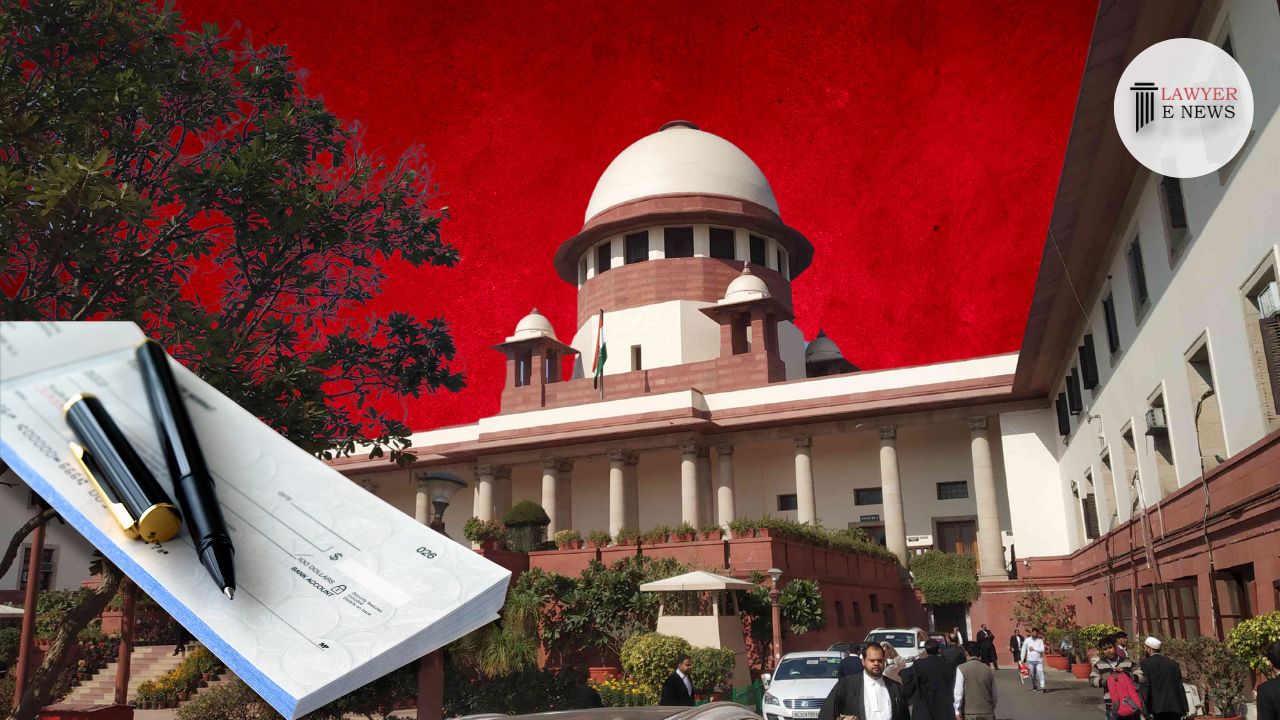-
by sayum
16 February 2026 7:15 AM



A total of 18 cheques dated 8 August 2012 of a total value of Rs. 9 crores were issued by ACL in favour of the appellant (Gimpex Private Limited). The dishonour of the cheques on 21 August 2012 on the ground that the payment had been stopped by the drawer or, as the case may be, for insufficiency of funds. The balance due and payable under the deed of compromise has admittedly not been paid and the second set of cheques has been dishonoured. There are two sets of criminal complaints under Section 138 of the NI Act. While the suit is pending, the interim application stands dismissed. High Court allowed quash the prosecution on the basis that the deed of compromise would not constitute a legally enforceable liability. Appellant approached Apex Court .Apex Court held that Once the settlement has been entered into, the complainant cannot be allowed to pursue the original complaint under Section 138 of the NI Act. Once a settlement agreement has been entered into between the parties, the parties are bound by the terms of the agreement and any violation of the same may result in consequential action in civil and criminal law. Once parties have voluntarily entered into such an agreement and agree to abide by the consequences of non-compliance of the settlement agreement, they cannot be allowed to reverse the effects of the agreement by pursuing both the original complaint and the subsequent complaint arising from such non-compliance. The settlement agreement subsumes the original complaint. Non-compliance of the terms of the settlement agreement or dishonour of cheques issued subsequent to it, would then give rise to a fresh cause of action attracting liability under Section 138 of the NI Act and other remedies under civil law and criminal law. Appeal Partly Allowed.
